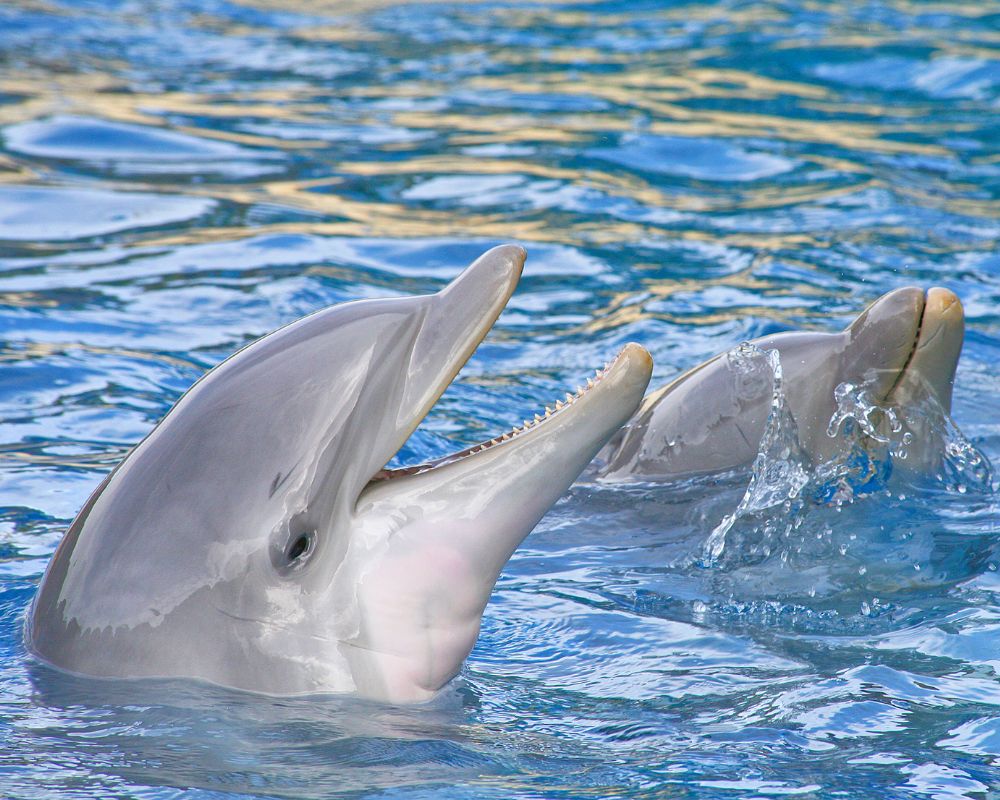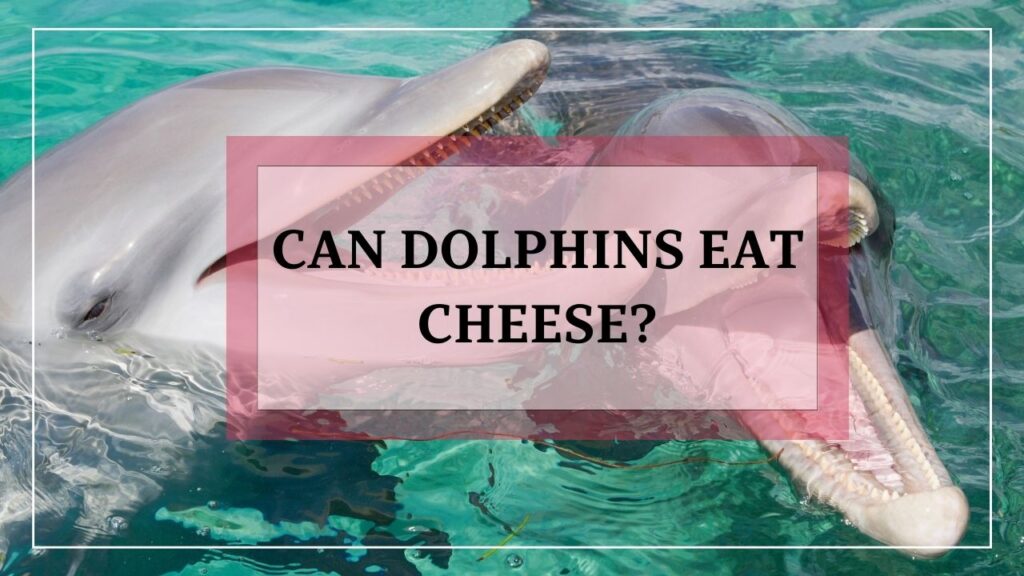Have you ever wondered if dolphins can eat cheese? As a lover of marine life and someone who is always curious about the animal kingdom, this question has always piqued my interest.
After all, dolphins are known for their love of fish, but what about other foods? In this blog post, we’ll explore whether or not dolphins can eat cheese, and what the implications of feeding them this food might be.
Now, before we get started, it’s important to note that dolphins are fascinating creatures with unique nutritional requirements. As such, it’s essential to have a good understanding of their natural diet and the foods that they can tolerate before considering adding anything new to their diet. With that in mind, let’s dive in and explore whether cheese has a place in a dolphin’s diet!
Can Dolphins Eat Cheese?

The short answer is no, dolphins cannot eat cheese. Cheese is not a part of their natural diet and does not provide the nutritional value that they require. In fact, feeding cheese to dolphins can be harmful and may have serious consequences.
Cheese is a dairy product that is high in fat, salt, and lactose. While it can provide some nutritional benefits for humans, it does not meet the nutritional requirements of dolphins.
Dolphins require a diet that is high in protein and low in fat, and their digestive system is not designed to handle large amounts of dairy or other processed foods.
Is Cheese A Normal Part Of Dolphins Diet?
Dolphins are highly specialized carnivores that primarily feed on fish, squid, and shrimp. These foods provide the necessary nutrients, vitamins, and minerals that dolphins need to maintain a healthy diet.
Dolphins have evolved to be highly skilled hunters and can consume up to 30 pounds of fish per day. They use echolocation to locate and track their prey, and their teeth are designed to catch and tear apart fish and other marine animals.
In the wild, dolphins do not consume any dairy products, including cheese. Their natural diet is specific and highly specialized to meet their nutritional needs, which include high levels of protein and low levels of fat.
While dolphins are able to consume a wide variety of marine animals, their diet is still very specific and carefully balanced to meet their nutritional needs.
Cheese, on the other hand, is a processed food that is high in fat, salt, and lactose, and does not provide the necessary nutrients that dolphins require.
What Are The Risks?
Feeding cheese to dolphins can have a number of negative effects on their health and well-being.
Cheese is high in fat, salt, and lactose, which can disrupt the delicate balance of nutrients that dolphins need to thrive.
One of the primary risks of feeding cheese to dolphins is that it can cause digestive problems. Dolphins have sensitive digestive systems that are designed to process a specific type of food.
Feeding them food that they are not adapted to can cause stomach upset, bloating, and even diarrhea.
Cheese can also lead to other health problems for dolphins. The high levels of fat and salt in cheese can lead to obesity, high blood pressure, and other cardiovascular problems.
Additionally, cheese contains lactose, which dolphins are not able to digest properly, leading to digestive issues and potential lactose intolerance.
Feeding dolphins anything other than their natural diet can also have unintended consequences.
For example, if dolphins become accustomed to being fed by humans, they may become dependent on humans for their food and may lose their natural hunting and foraging skills. This can lead to a decline in their overall health and well-being.
Are There Any Benefits?
There are no benefits to feeding cheese to dolphins. While some people may think that it would be a fun treat for the animals, it can actually be harmful and put their health at risk. It’s important to remember that dolphins have unique and specific nutritional requirements, and it’s essential to respect their natural diet in order to keep them healthy and thriving.

